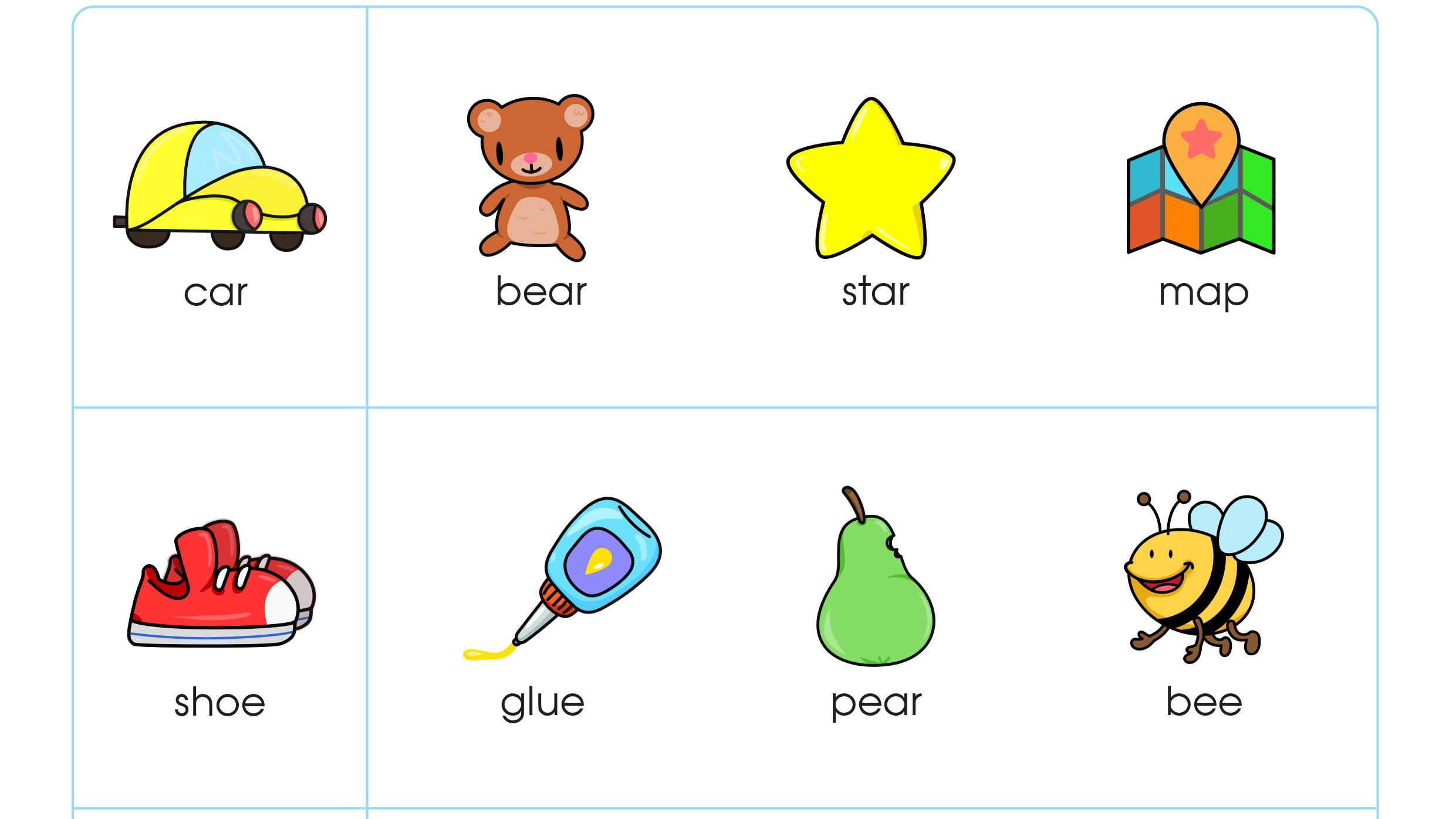Rhyming skills development Rhyming Words Worksheets for Ages 3-7
3 filtered results
-
From - To
Unlock the joy of learning with our Rhyming Skills Development Worksheets, specially designed for kids aged 3 to 7! These engaging worksheets help young learners master rhyming words, an essential foundation for reading and language skills. Each activity is crafted to be fun and interactive, encouraging creativity and critical thinking. From matching rhyming pairs to completing fun illustrations, children will enhance their phonemic awareness while boosting vocabulary. Our easy-to-use worksheets are perfect for home or classroom learning, ensuring that children develop a love for language through play. Explore our collection today and watch your child’s confidence soar!


Rhyming Words Rhyming Worksheet


First Words: Picture Rhymes Worksheet
Rhyming skills development is crucial for children aged 3-7 as it lays the foundation for essential literacy skills. When children recognize and produce rhyming words, they enhance their phonemic awareness—the ability to hear, identify, and manipulate sounds in spoken words. This skill is vital for successful reading and writing, as it supports sound-letter correspondence and decoding abilities.
Learning to rhyme also fosters language development. It expands vocabulary and encourages imaginative play with words, which during this age brims with creativity. Activities that involve rhyming, such as nursery rhymes, songs, and simple poems, engage children, making learning fun and interactive. Incorporating these activities can also strengthen listening skills, as children must pay close attention to sound patterns.
Additionally, rhyming supports critical cognitive skills. It helps children notice similarities and differences between words, enhancing their analytical thinking. Support for rhyming skills ultimately contributes to a harmonious blend of linguistic, social, and cognitive development, equipping children with tools they will utilize throughout their educational journey and life. Thus, both parents and teachers should actively promote rhyming activities, ensuring a richer, more robust literacy foundation for young learners.

 Assign to My Students
Assign to My Students










.jpg)








